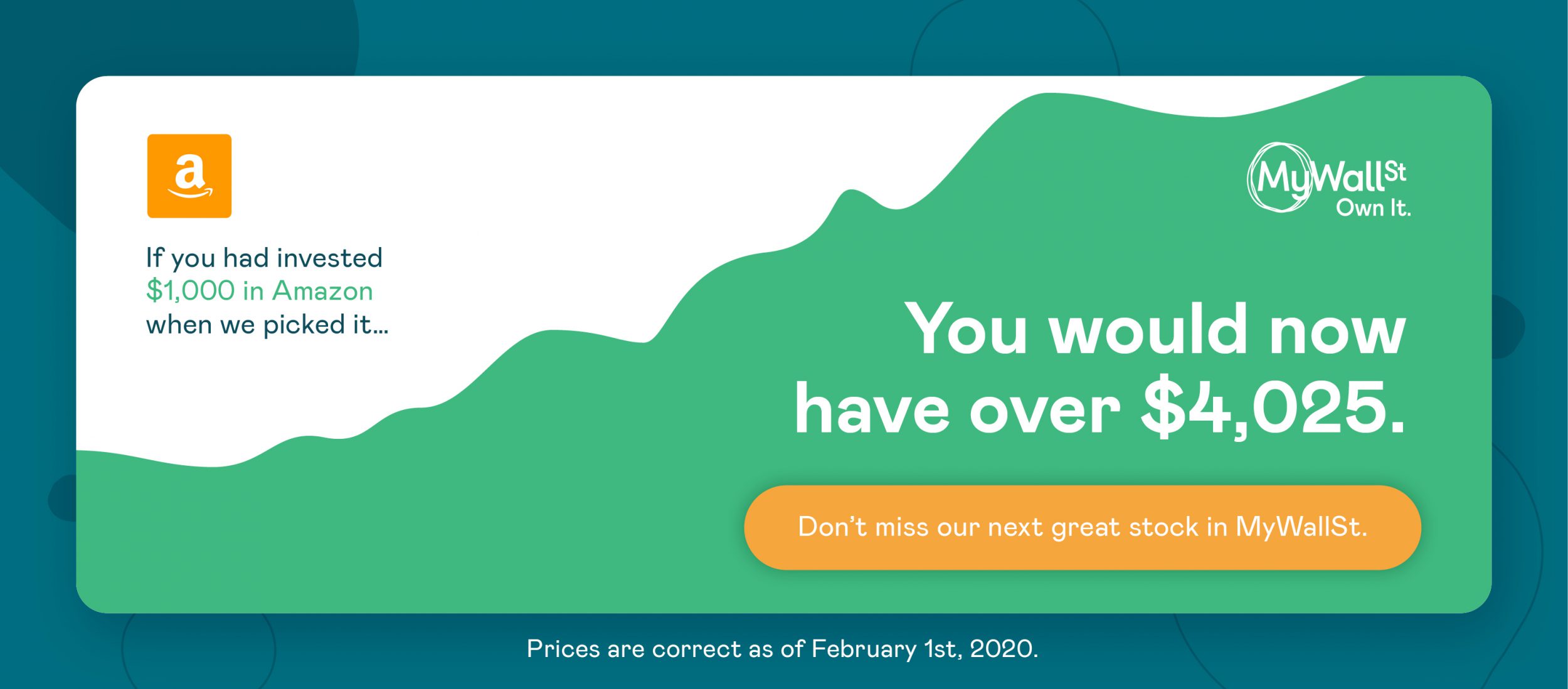3 Reasons To Be Wary Of Google's Fitbit Acquisition
Join thousands of savvy investors and get:
- Weekly Stock Picks: Handpicked from 60,000 global options.
- Ten Must-Have Stocks: Essential picks to hold until 2034.
- Exclusive Stock Library: In-depth analysis of 60 top stocks.
- Proven Success: 10-year track record of outperforming the market.
In mid-February, it was revealed that Google-parent Alphabet (NASDAQ: GOOG) (NASDAQ: GOOGL) had paid $2.6 billion for data-analyzer Looker. Compare this to the $2.1 billion the company paid for Fitbit (NYSE: FIT) last November and it shows how far the smartwatch-maker has fallen.
Worth close to $10 billion at its height in 2015, Fitbit sales growth fell over the years, the company failed to diversify its product and competition from the likes of Apple (NASDAQ: AAPL) proved too much for it to handle.
Now, however, with the backing of another Big Tech giant, Fitbit may have the ammunition it needs to take on the Apple Watch. But investors should still be wary of these key factors that could cause trouble for the newly-married company's.

1. Antitrust Regulators
In what is becoming the norm as of late, the Federal Trade Commission announced in mid-February that it will examine prior acquisitions by Alphabet, Amazon (NASDAQ: AMZN), Apple, Facebook (NASDAQ: FB), and Microsoft (NASDAQ: MSFT).
It is likely that the FTC will be looking into Google's $1.1 billion purchase of mapping app Waze back in 2013. However, this is a 10-year investigation, looking at all acquisitions between 2010 and 2019, and Fitbit could well be in the crosshairs too. Google is, of course, no stranger to antitrust investigations, and just last week closed up a hearing for an 'eye-catching' EUR2.4 billion fine ($2.6 million) imposed by the European Commission for anti-competitive practices.
The Fitbit acquisition has drawn the ire of the powers that be. It came in the midst of Google being investigated by Congress, State Attorneys General, and federal antitrust regulators in response to the growing alarm surrounding the conglomerate's dominance in the data space. In the U.S. and Europe, calls were immediately made for the deal to be halted as it was seen as nothing more than a data grab of millions of users' health data.
An official from the British Competition and Markets Authority had this to say about the deal: "This is not just a business deal, it's a data grab - and that should worry us all. Any such proposal must be subjected to the most rigorous possible scrutiny and must be fully investigated by the CMA."
2. The Apple Watch
Google may be the king of data, but one area where it pales in comparison to the competition is in hardware. Having spent billions on developing smartphones, watches, and smart-home devices, the company still lags behind its Big Tech rivals.
Purchasing Fitbit can help in this regard, but it also places the company in direct competition with one of the biggest watchmakers on the planet in Apple. In its January earnings report, the company said that its "Other Products" category made $10 billion during the quarter and that Apple Watch, AirPods, and Beats headphones alone would be a "Fortune 150'' company. The Apple Watch holds an estimated 40% market share and is even outselling the entire Swiss watch industry.
That's certainly some tough competition. Companies such as Apple and Samsung are part of the reason for Fitbit's decline in recent years, and it's hard to see how Google can change that when they too have failed to best these companies in the hardware game.
This remains to be seen though, and perhaps with the near-infinite resources of Google behind it, Fitbit can challenge the big names again.
3. Google's Reputation
To put it mildly: not everybody likes Google. Some view the search engine as a 'Big Brother' like figure that steals all of our data and spies on us. The acquisition resulted in an outcry on social media from loyal Fitbit users who claimed they would be ditching the brand, as they didn't trust Google.
Google's senior vice president of devices and services, Rick Osterloh, was forced to address this issue:
"We will be transparent about the data we collect and why. We will never sell personal information to anyone. Fitbit health and wellness data will not be used for Google ads. And we will give Fitbit users the choice to review, move, or delete their data."
However, the average consumer is not influenced by what a company says it will do, but by how they feel about the company.
Fitbit will hold its first earnings call since the acquisition after market close on Thursday, 20 February, where we will get a better idea of how the acquisition affected sales.
MyWallSt operates a full disclosure policy. MyWallSt staff currently holds long positions in Alphabet and Fitbit. Read our full disclosure policy here.
- Weekly Stock Picks: Handpicked from 60,000 global options.
- Ten Must-Have Stocks: Essential picks to hold until 2034.
- Exclusive Stock Library: In-depth analysis of 60 top stocks.
- Proven Success: 10-year track record of outperforming the market.
